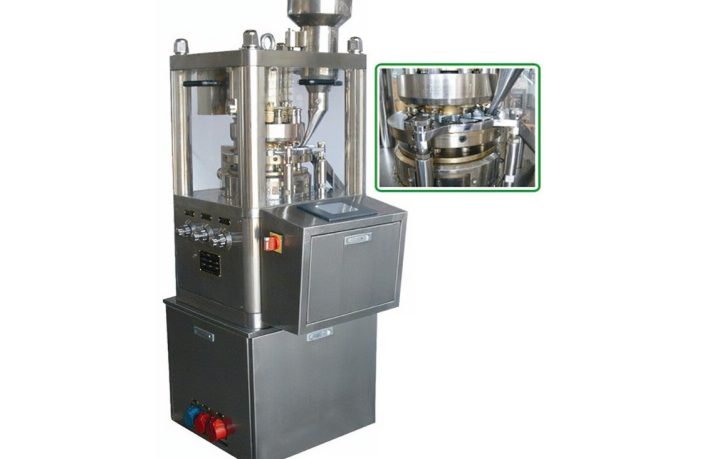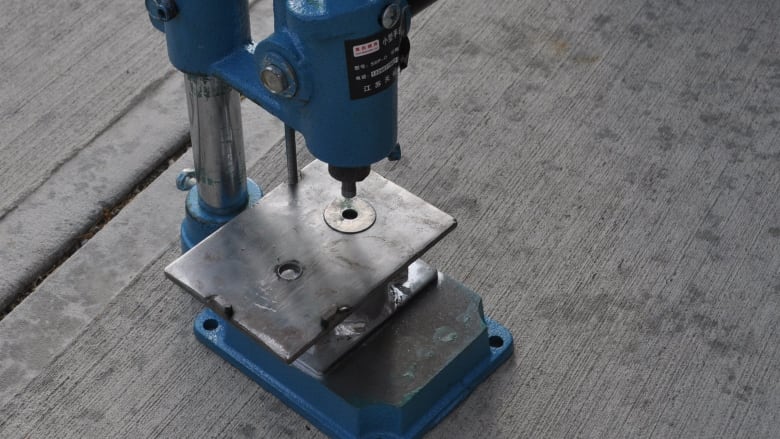When it comes to creating products in the pharmaceutical industry, two main pieces of equipment are often used. These are Pill Press Machines and Capsule Filling Machines. Both have their pros and cons, so it’s important to do some research before deciding which one is right for your needs. In this article, we will explore the differences between a Pill Press Machine and a Capsule Filling Machine so you can decide which is best suited.
The most common type of pill press machine is a manual tablet press, also known as a rotary tablet press or tableting machine. This machine uses pressure to compress powdered material into tablets or pills with predetermined shapes and sizes. It consists of several parts, including hoppers, fillers, die rollers and punches. The manual tablet press is suitable for small batch production and ideal for producing tablets with very intricate designs. However, this type of machine requires more time compared to other machines like capsule filling machines.
Capsule Filling Machines
A capsule-filling machine is an automated piece of equipment that can quickly fill capsules with powdered ingredients at high speeds. This makes it much faster than filling capsules by hand or using a manual tablet press machine. The capsule filler has two main components; the dosing unit, which dispenses powder into each capsule cavity, and the capping unit, which closes the open ends of each capsule with its corresponding top half. This process allows for accurate drug dosage and efficient production times, depending on the size and quantity to be produced.
Speed
A key difference between tablet presses and capsule fillers is speed. While both types of machine are capable of producing large quantities of medication relatively quickly, pill presses tend to be slower than their counterparts when it comes to processing speed. A manual tablet press takes significantly more time per cycle than a fully automated capsule filler, meaning that more time must be allocated to production when using a tablet press alone. On the other hand, using a combination of the two machines could dramatically improve efficiency while still allowing room for accurate measurements when required.
Cost-effectiveness
When purchasing either machine, cost should always be considered, as larger machines may require more capital upfront. Depending on the type of product you are looking to manufacture, some may find that investing in an automated capsule filler alone is sufficient to produce medicines accurately yet efficiently due to its ability to operate at high speeds without sacrificing quality control. While pill presses offer versatility in product design, they often come at a higher price point, making them less cost-effective than their counterparts in certain circumstances.
Design versatility
Another factor to consider before purchasing any type of machine is the design options available within each category. Pill presses offer much greater flexibility when it comes to customising tablet shape sizes than pre-formed capsules made from gelatin shells and filled by an automated capsule filler; however, this particular advantage comes at a cost, given the labor-intensive set-up and slower processing times associated with such machines.
Conclusion
Choosing between either piece of equipment really depends on your personal preferences as well as what type of products you intend to manufacture, whether that be standard round tablets or custom-shaped creations that require a more detail-oriented approach similar to that found through the use of pill pressing technology versus traditional gel caps created through use of automation based systems such as those found within state of the art capsule fillers currently available on the market today.






